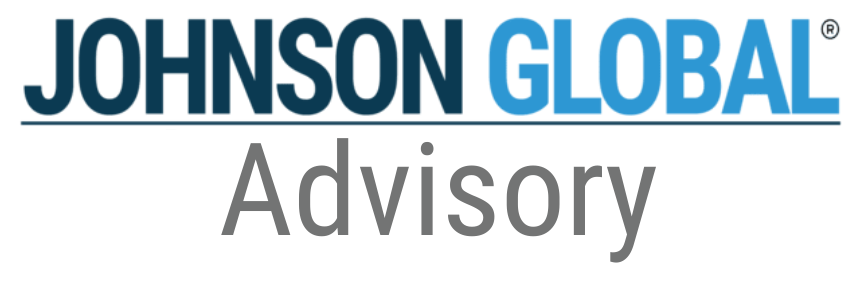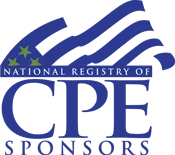Case Study – Example Successor Auditor Considerations: When the Predecessor Auditor is Charged with a Regulatory Enforcement Order
On May 3, 2024, the SEC charged audit firm BF Borgers CPA PC and Benjamin F. Borgers (collectively, “Borgers”) with fraud affecting more than 1,500 SEC filings. According to the SEC’s Order, of the 369 BF Borgers clients whose public filings from January 2021 through June 2023 incorporated BF Borgers’ audits and reviews, at least 75% of the filings incorporated BF Borgers’s audits and reviews did not comply with PCAOB standards.
Because a significant number of issuers have been impacted by the Order, the SEC’s Division of Corporation Finance released a statement on the topic (the “CF Release”). According to the CF Release, issuers that have engaged Borgers to audit or review financial information to be included in any Exchange Act filings to be made on or after the date of the Order will need to engage a new qualified, independent, PCAOB-registered public accountant. Further, the CF Release provides that:
- Form 10-K and Form 20-F filings on or after the date of the Order may not include audit reports from Borgers; and
- Form 10-Q filings on or after the date of the Order may not present financial information reviewed by BF Borgers.
Accordingly, affected entities will be required to engage a new qualified, independent, PCAOB-registered public accountant to perform the current annual audit and quarterly reviews, as well as perform re-audits and rereviews of all relevant impacted periods. The CF Release also stated that “Exchange Act reports that were filed before the date of the Order do not necessarily need to be amended solely because of the Commission’s entry of the Order. However, issuers should consider whether their filings may need to be amended to address any reporting deficiencies arising from the BF Borgers engagement.”
This document provides some helpful information for auditors who are considering or have recently accepted an audit engagement with an affected entity. Specifically, it discusses topics such as interim reviews, client acceptance and communications with the predecessor auditor.
Interim Reviews
The successor auditor may conduct the review of the current year interim financial information and the rereview of the prior year corresponding interim period, provided the firm also simultaneously proceeds with the annual audit and reaudits of the latest year (or years, depending on the client’s filing situation, i.e. based on the number of comparative periods presented).
Auditors can find the requirements relating to reviews of quarterly financial statements in AS 4105, Reviews of Interim Financial Information. According to that standard, an auditor may conduct a review of the interim financial information of an SEC registrant if the entity's latest annual financial statements have been or are being audited. (AS 4105.05)
Because successor auditors will begin the reaudit of the prior year financial statements immediately following their engagement, auditors are permitted to proceed with the review of the clients’ quarterly financial statements for inclusion in the company’s Form 10-Q filing with the SEC.
There are certain specific requirements auditors should be aware of when conducting initial reviews of interim financial statements relating to obtaining knowledge about internal controls and communicating with the predecessor auditor. Those requirements can be found at AS 4105.12 and .13. We encourage auditors to read and understand the requirements of AS 4105 before committing to engaging new clients.
Client Acceptance
As indicated in the CF Release, any prior period financial statements that had previously been audited by Borgers will need to be reaudited by the newly engaged auditor for inclusion in the issuers next Form 10-K or Form 20-F. Prior to starting an initial audit, the successor auditor will also be required to perform procedures regarding acceptance of the client relationship and the specific audit engagement; and communicate with the predecessor auditor as described in AS 2101.18.
It is advisable that any firm should follow their client acceptance procedures with rigor. Prior to acceptance, firms should read the SEC Order carefully and consider the variety of risks involved with each prospective client, especially the heightened risk that a material misstatement may exist on prior year financial statements.
Firms will also need to extend their acceptance procedures to cover all periods subject to reaudit. A few special considerations to highlight:
- Determine the auditing procedures necessary (and the ability) to obtain sufficient appropriate audit evidence regarding opening balances and consider the obstacles that may be involved.
- Perform background checks of management and the board of directors and understand the reasons for departures and changes from the date of the opening balances (and possibly beyond) to the present.
- Review all SEC comment letters and responses for all periods under audit and reaudit.
- For perspective clients with inventory, special consideration will need to be given as to how to obtain appropriate audit evidence because of the inability to perform physical inventory observation procedures in the prior periods.
- Inquire about the prospective clients’ books, records, internal controls and IT systems to understand the ability to obtain reliable information timely for all periods under audit.
- Assess whether the firm has the skills, knowledge and experience to take on a new client, and if the firm is considering taking on multiple issuers, whether they have the internal resources to perform the audits with the appropriate level of audit quality.
Communications with the Predecessor Auditor
PCAOB standards at AS 2610 require the successor auditor to communicate with and make a variety of inquiries with the predecessor auditor prior to accepting the engagement and that acceptance cannot be final until the communications received from the predecessor have been evaluated. Inquiry of the predecessor auditor is a necessary procedure because the predecessor auditor may be able to provide information that will assist the successor auditor in determining whether to accept the engagement. In addition, the successor auditor should request and review the working papers of the predecessor auditor for all periods that will be subject to reaudit. When possible misstatements are discovered during the audits or reaudits, the successor auditor will also be required to communicate with the predecessor auditor.
According to PCAOB standards, in an initial review of interim financial information the auditor should perform procedures that will enable him or her to obtain sufficient knowledge of the entity’s business and its internal control. The standard goes on to describe steps the auditor should take, which includes making certain inquiries of the predecessor auditor and reviewing the predecessor auditors’ workpapers (including both the audit and quarterly review workpapers). The standard also states that, “if the predecessor accountant does not respond to the successor accountant's inquiries or does not allow the successor accountant to review the predecessor accountant's documentation, the successor accountant should use alternative procedures to obtain knowledge of the matters discussed in [that] paragraph.”
Given the number of affected entities described in the Order, it is unclear whether Borgers will reply to successor auditor inquiries and how timely the responses will be. Thus, auditors considering accepting these engagements will need to be prepared to perform alternate procedures to address the possible gaps during the acceptance process.
In summary, even though the facts and circumstances described in this SEC Order are unique, successor auditors are still required to perform the PCAOB standards’ requirements as described above.
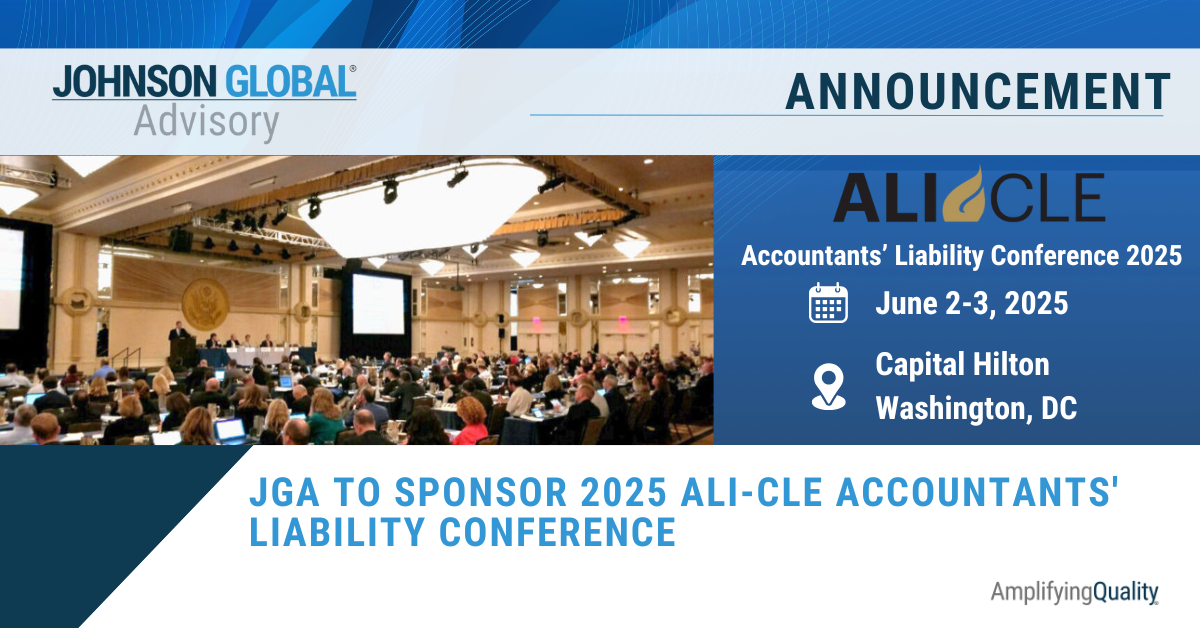


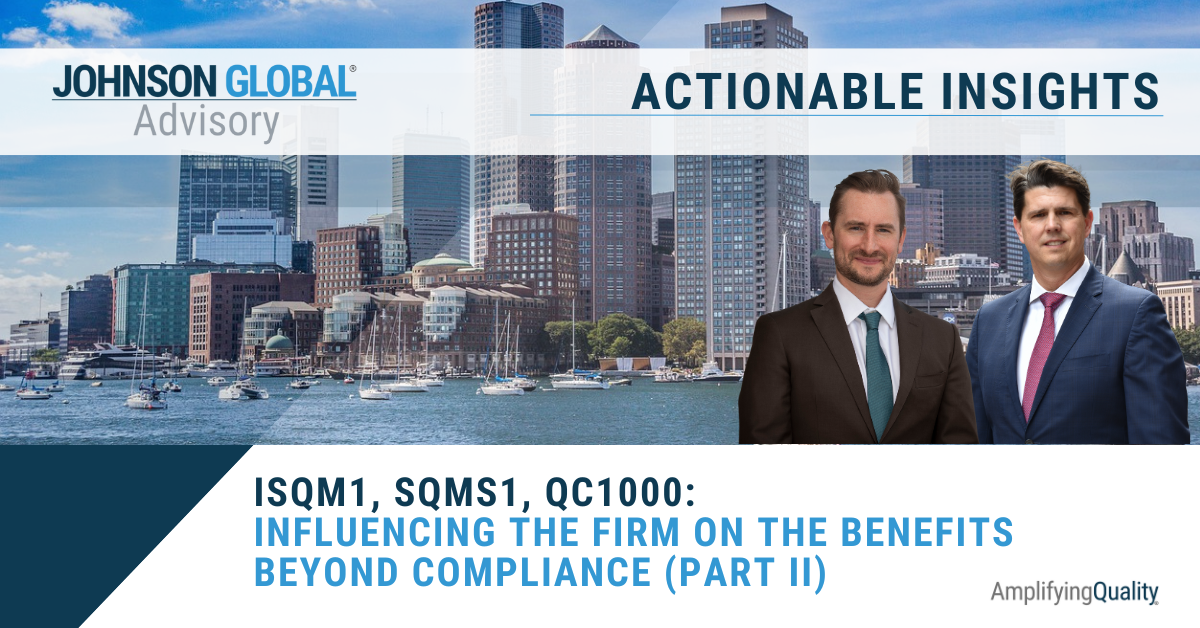
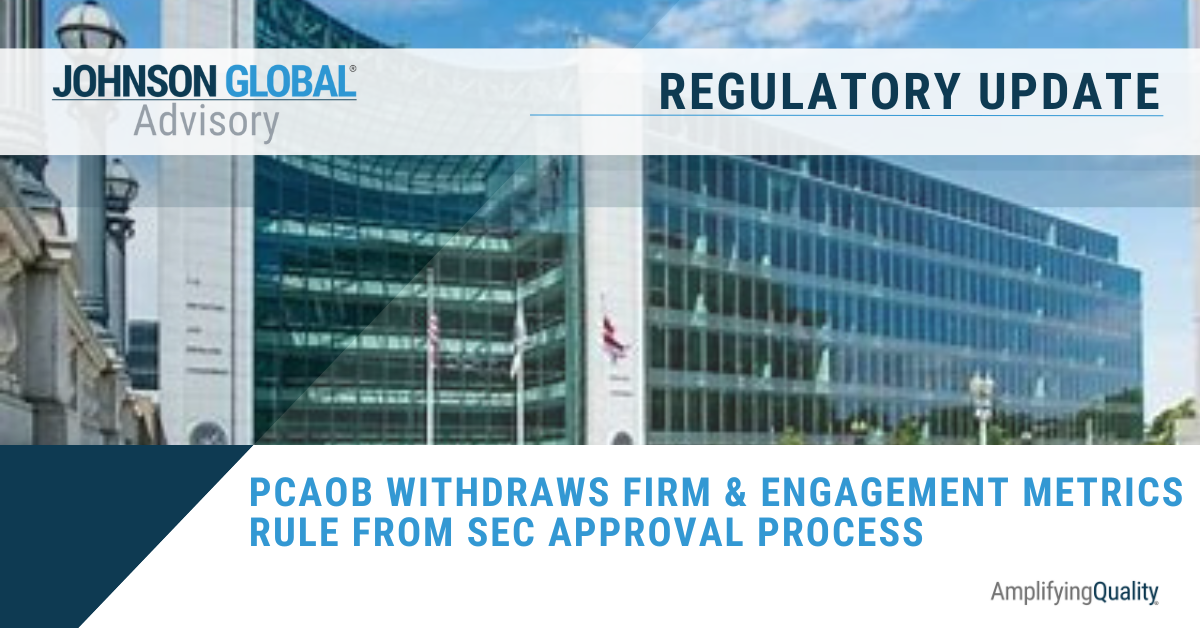
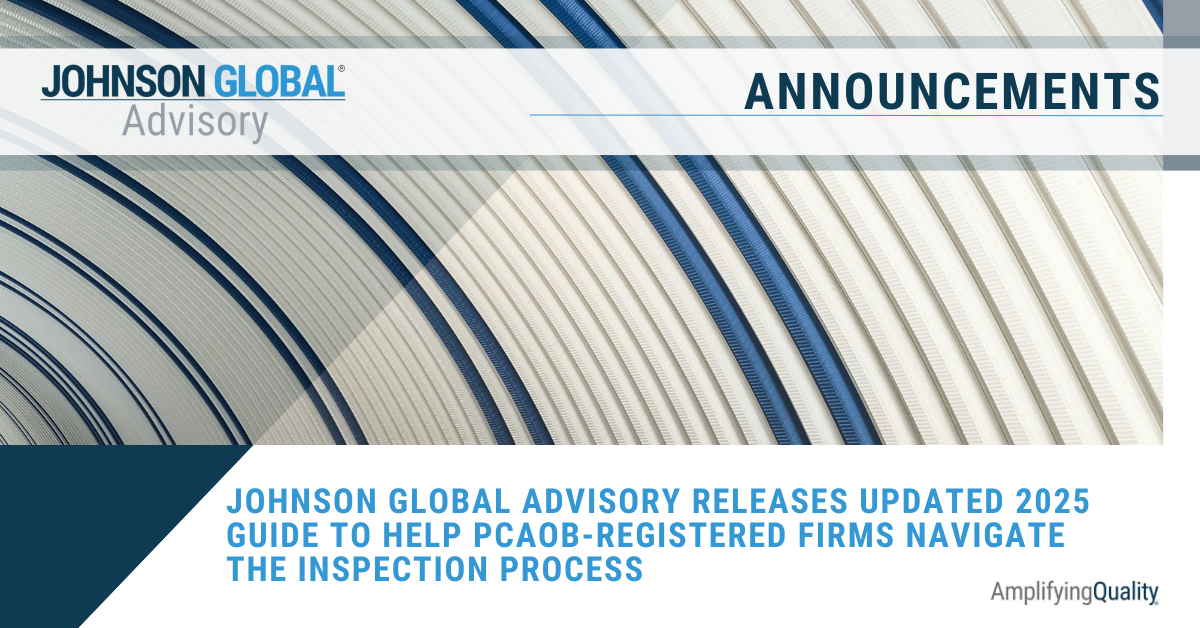

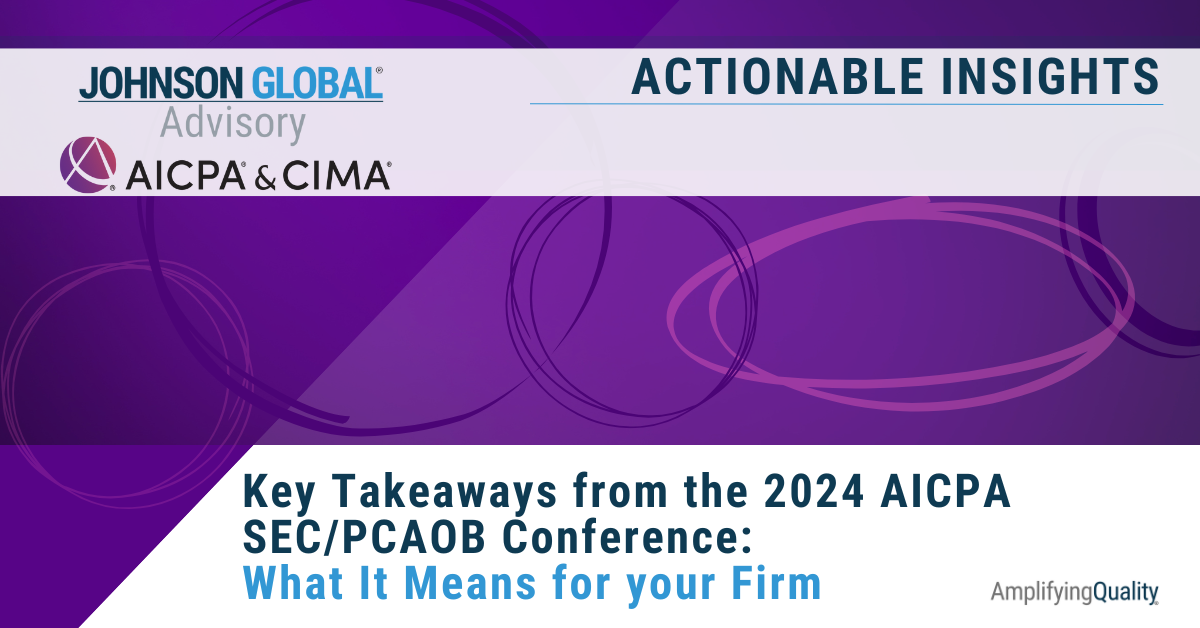
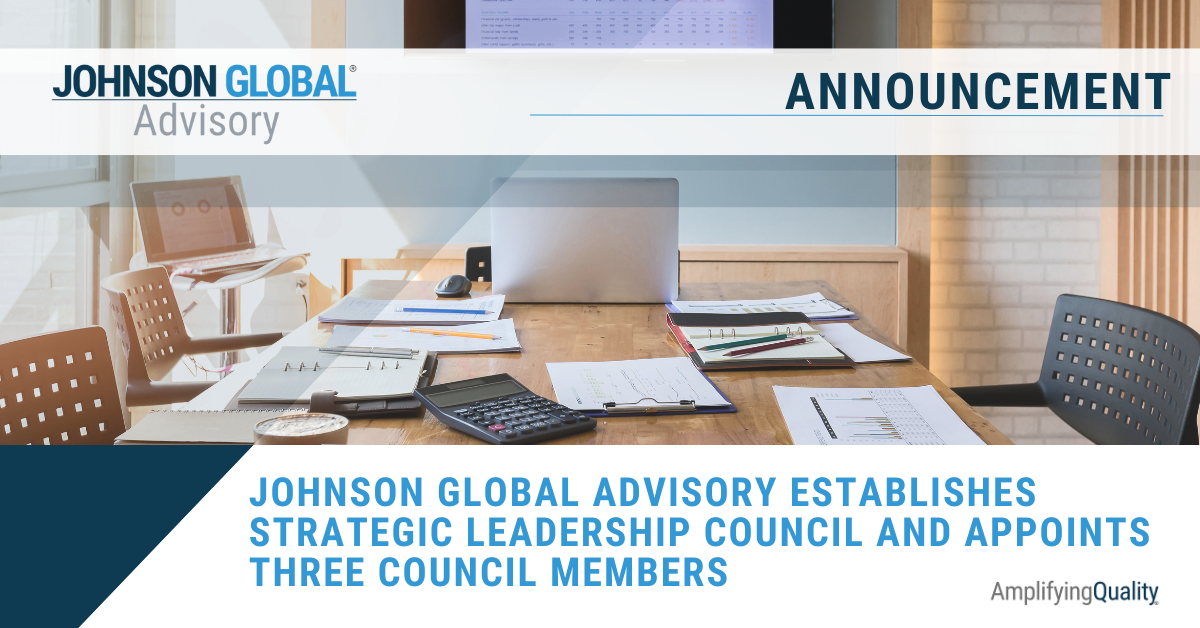

Johnson Global Advisory
1717 K Street NW, Suite 902
Washington, D.C. 20006
USA
+1 (702) 848-7084
